21.09.2025 | Hertha Thiele – Love as Opposition, Opposition as Love
ARCHIVE | Feministische Gegengeschichten
GIRLS IN UNIFORM
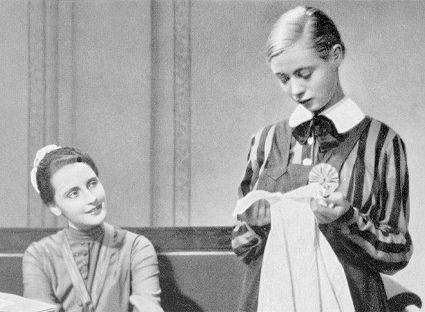
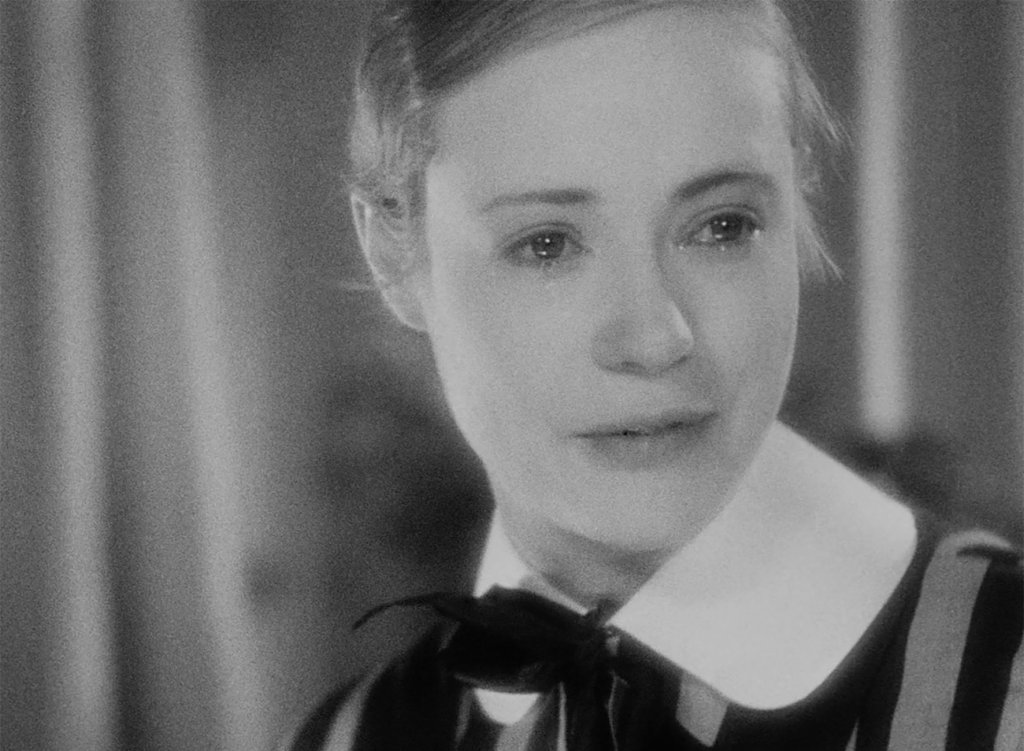
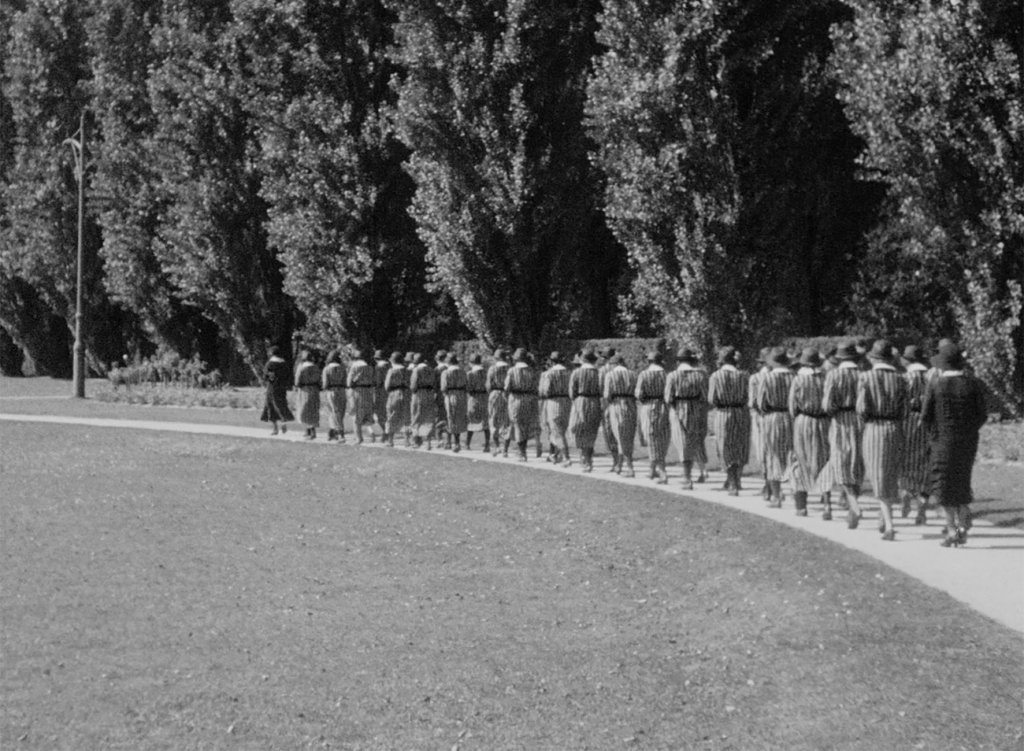
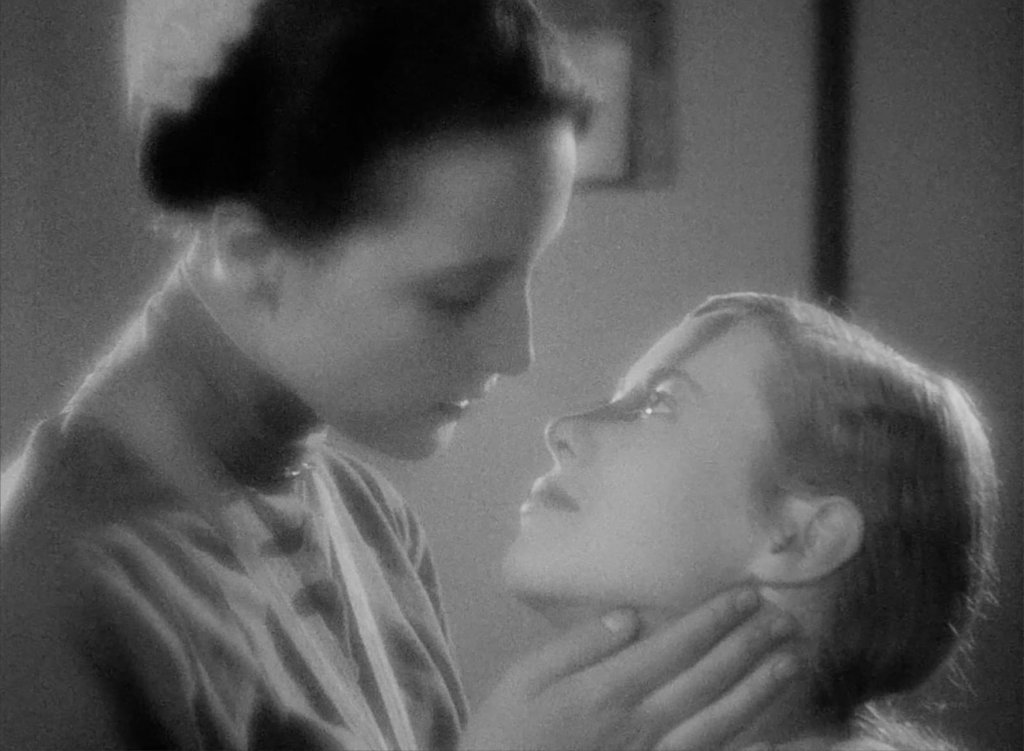
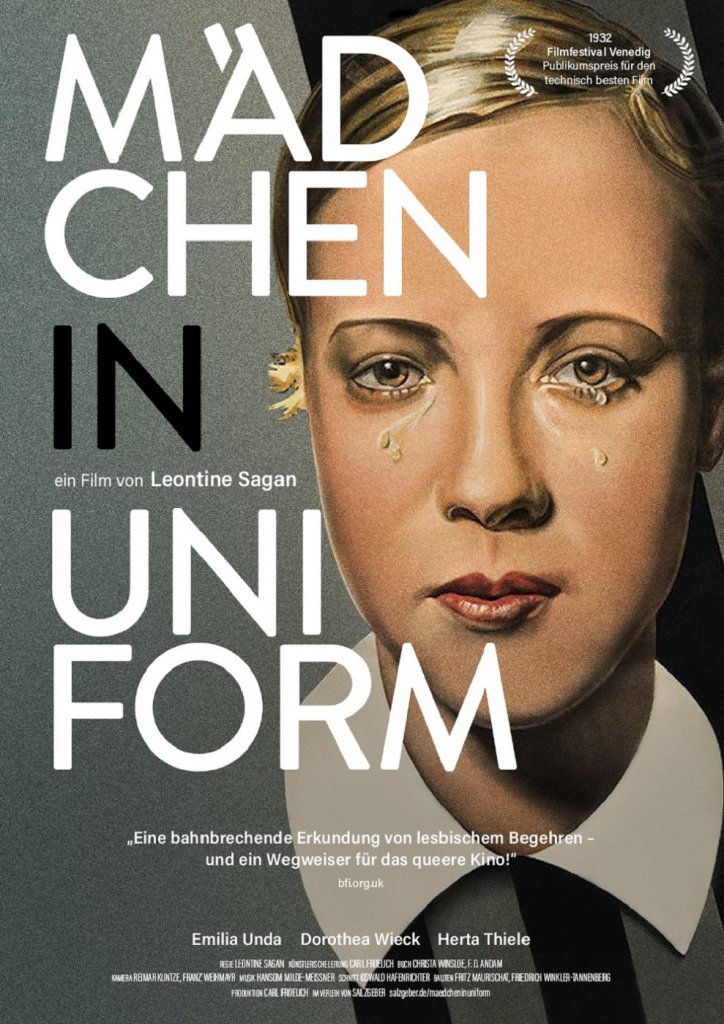
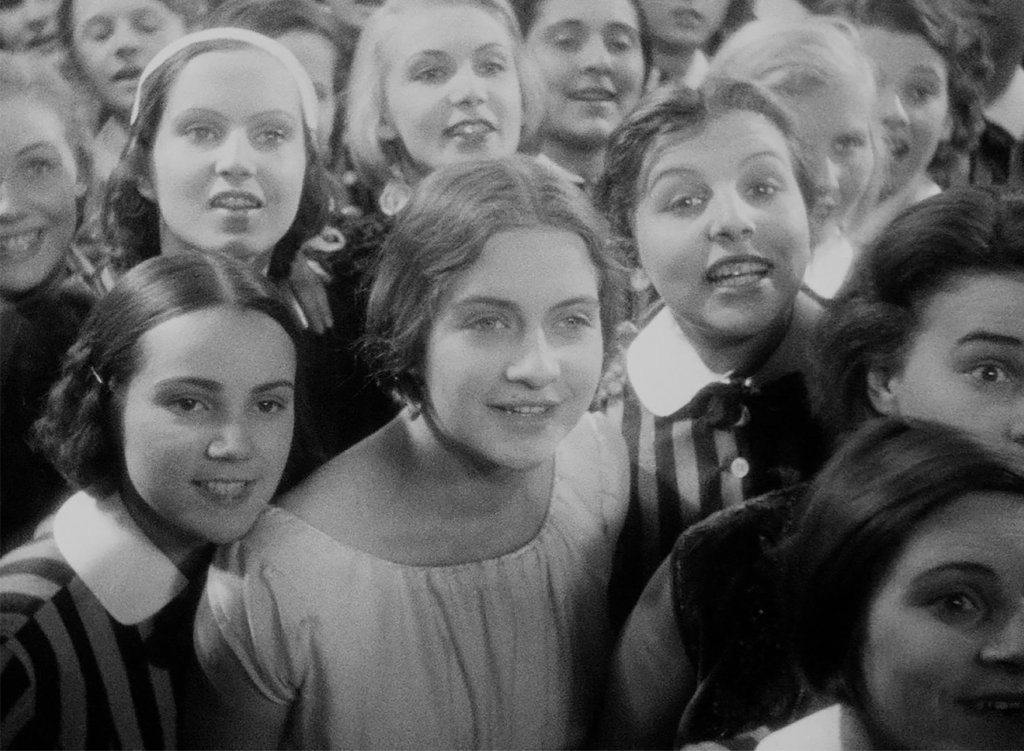
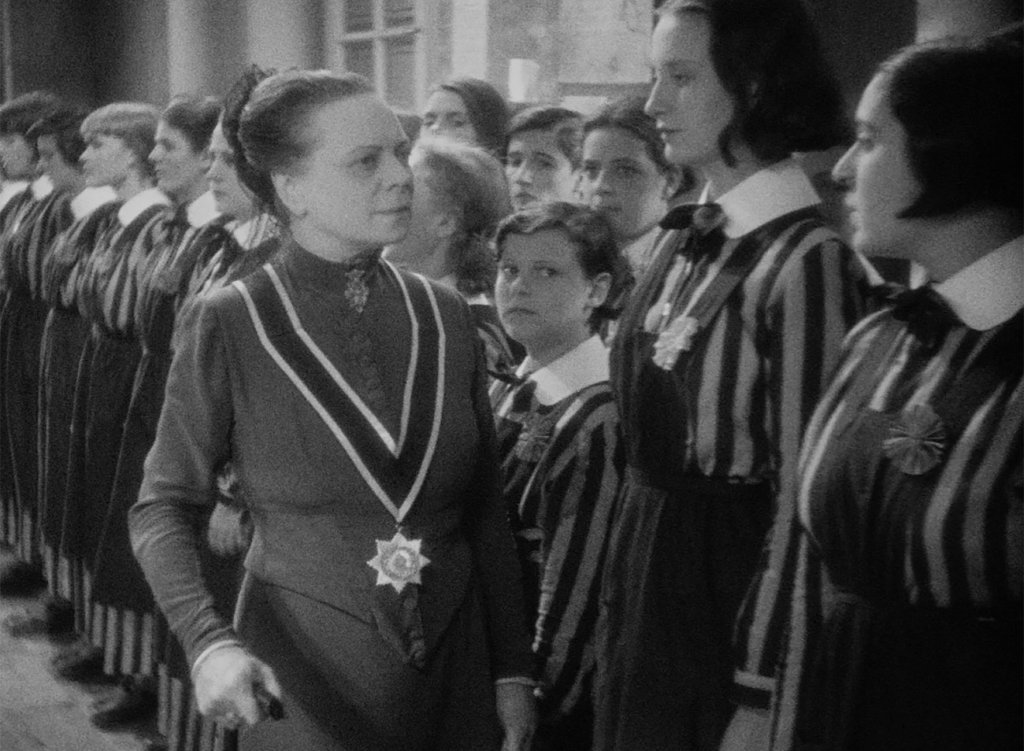
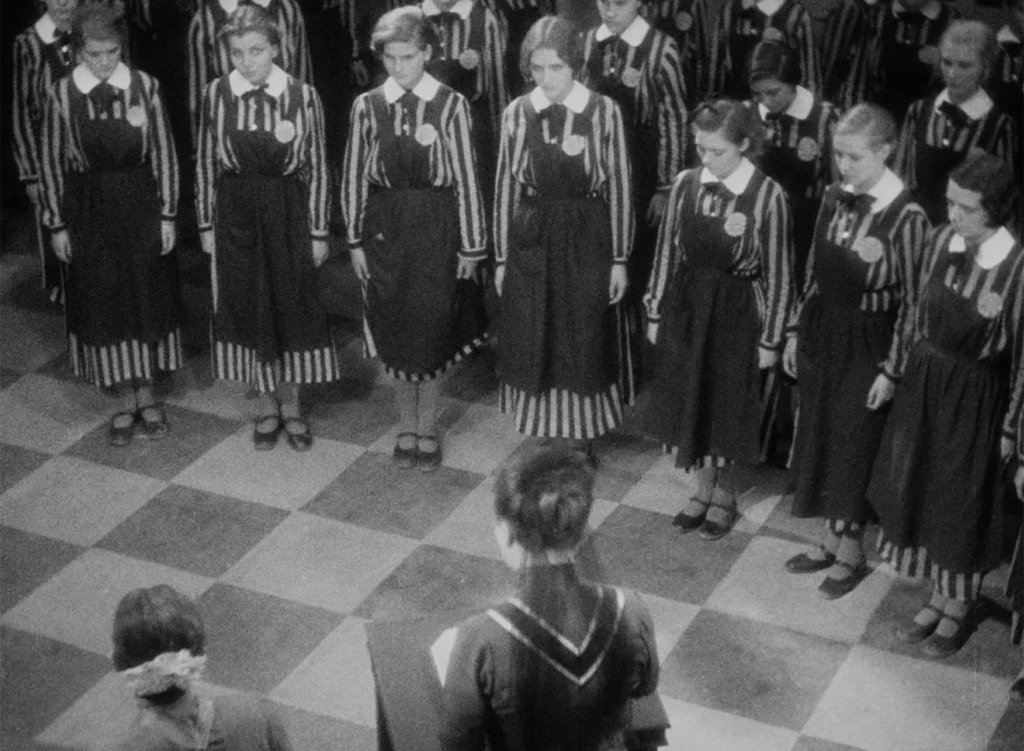
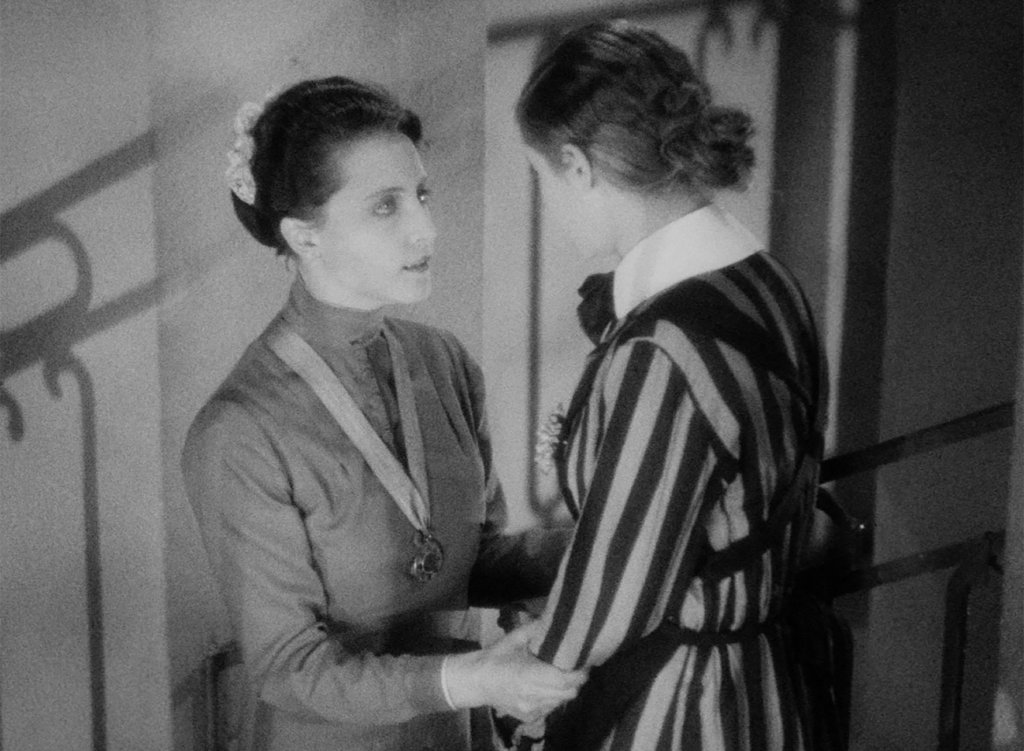
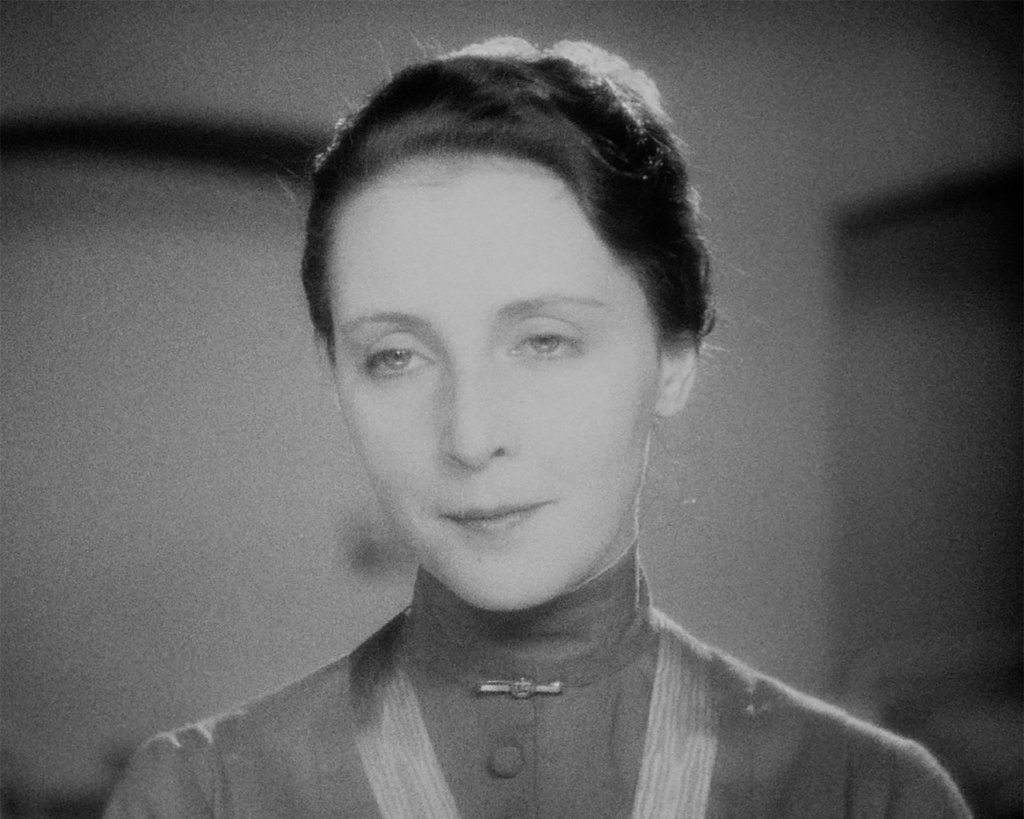
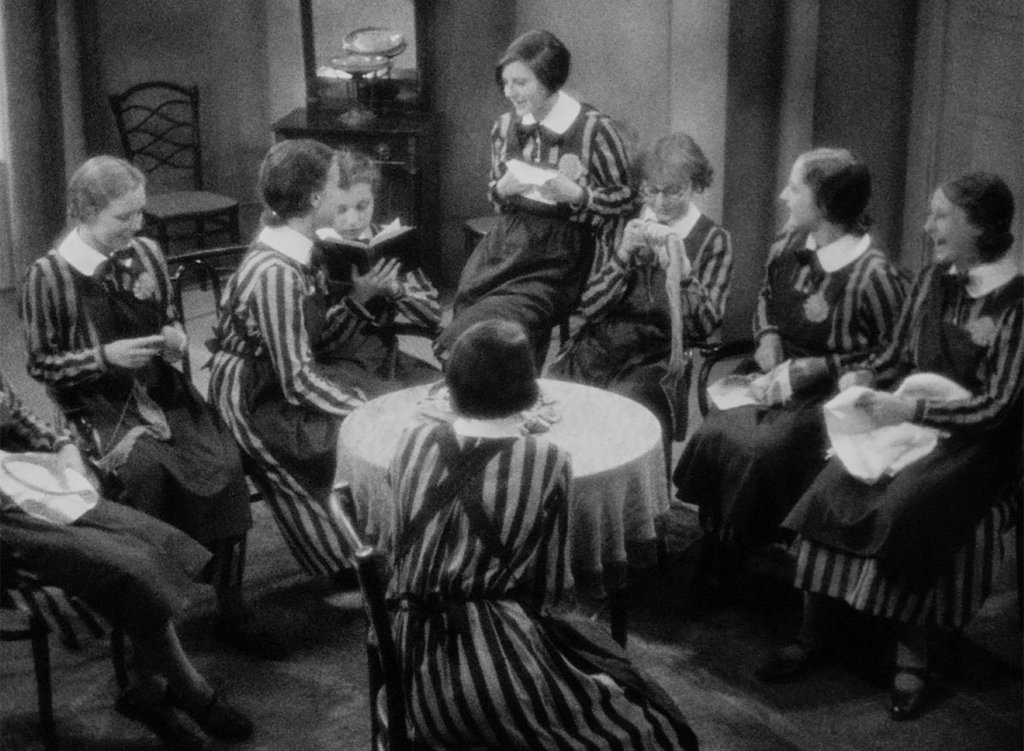
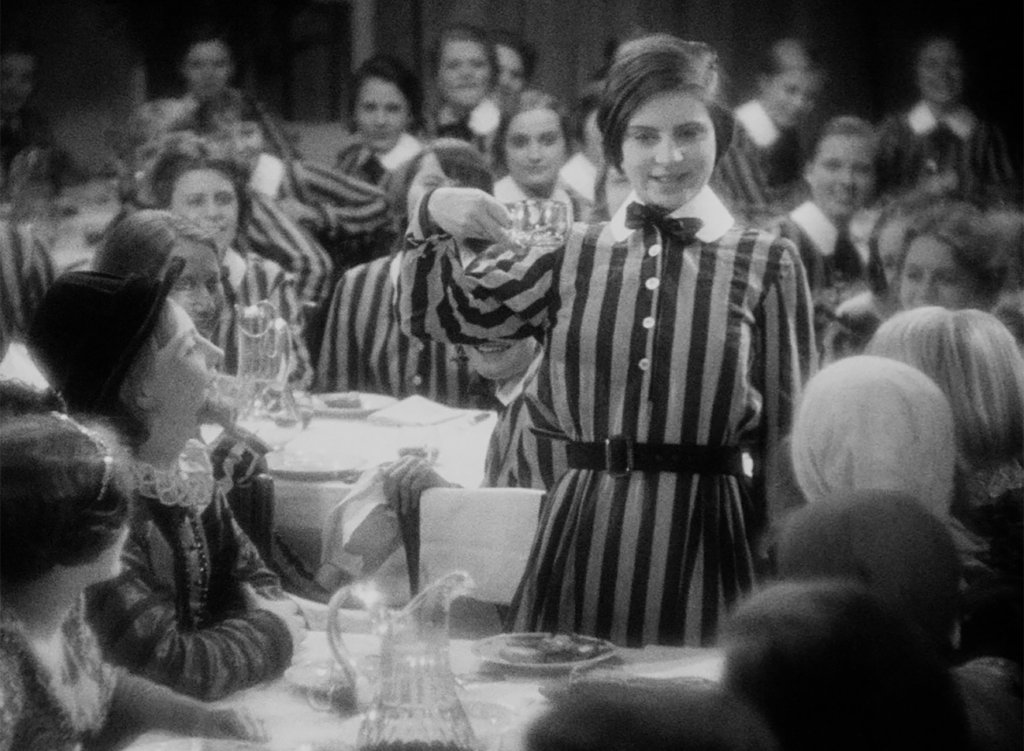
DE 1931, D: Leontine Sagan, A: Emilia Unda, Dorothea Wieck, Hertha Thiele, 96′, German OV, DCP
Conversation (in German) with Heide Schlüpmann & Karola Gramann
In film history, the name Hertha Thiele is primarily associated with two films: KUHLE WAMPE (DE 1932, D: Slatan Dudow, screenplay: Bertolt Brecht) and MÄDCHEN IN UNIFORM (DE 1931, D: Leontine Sagan, screenplay: Christa Winsloe). In the latter, the young actress with the “brittle, half-broken voice” (contemporary and film critic Lotte Eisner) plays the role of Manuela von Meinhardis, a sensitive aristocrat’s daughter and orphan who is sent to a Prussian girls’ boarding school. The headmistress’s educational ideal: “Soldiers’ daughters to become soldiers’ mothers!” Manuela’s only escape from her daily routine of drill and lack of human contact is her teacher, Miss von Bernburg, who opposes the headmistress’s rigour. When Manuela publicly confesses her love for Miss von Bernburg, it causes a scandal. While the headmistress wants to blame Miss von Bernburg for the supposed moral decline and declares Manuela a moral danger, Manuela threatens to perish in her despair.
On the occasion of our thematic focus (OUT) OF THE ARCHIVE: FEMINIST COUNTER-HISTORIES, we will discuss the film and its history of creation and reception with the two film scholars and curators Karola Gramann and Heide Schlüpmann. Special attention will be paid to the multifaceted biography of Hertha Thiele (born in Leipzig in 1908, died in East Berlin in 1984), which Schlüpman and Gramann researched in detail, including during an extensive interview that took place in the early 1980s.
At the time of its release, GIRLS IN UNIFORM was primarily interpreted as a critique of Prussian educational methods and as a coming-of-age story. Due to the film’s wide range of emotions and Thiele’s acting performances, it became a box office success throughout Europe, the USA and Japan. It was only later – after the film was made publicly available again in the late 1970s – that it not only became a cult lesbian film, but also underwent a differentiated analysis in the context of feminist film criticism. Hertha Thiele herself emigrated to Switzerland after her expulsion from the Reich Theatre and Film Chamber in 1937. After the end of the war, she returned to Germany for a few years, spending the 1950s and most of the 1960s in Switzerland, where she worked as a psychiatric nursing assistant. In 1966, she ventured to move again, this time to the GDR. There, she managed to establish herself at theatres, such as the Kellertheater in Leipzig, with guest performance contracts. From 1968 to 1979, she was a member of the German Television Theatre ensemble. In small roles, she portrayed “ordinary” women “from next door”.
Heide Schlüpmann (born 1943) is professor emeritus of film studies at Goethe University in Frankfurt am Main. She studied philosophy under Ernst Bloch and Theodor W. Adorno, among others. In the late 1970s, she was part of a working group on Nazi entertainment films. From 1991 to the late 1990s, she was co-editor of the magazine Frauen und Film (Women and Film). In 2000, she co-founded Kinothek Asta Nielsen e.V. with Karola Gramann, among others, marking the beginning of a collaborative curatorial activity that continues to this day.
Karola Gramann (born 1948) is a film scholar and film curator. Until 2022, she will be the artistic director of Kinothek Asta Nielsen e.V. in Frankfurt am Main. She translated Laura Mulvey’s key feminist text “Visual Pleasure and Narrative Cinema” into German. She contributed to the magazine Frauen und Film for several years. Main areas of work: film work by women in history and the present, early cinema and avant-garde, queer cinema. 1985–89: director of the International Short Film Festival Oberhausen.
| Sun 21.09 2025 | UT Connewitz |
| 2 PM | € 7,50 (6,50 reduced) Conversation (in German) with Heide Schlüpmann & Karola Gramann |
Trailer





